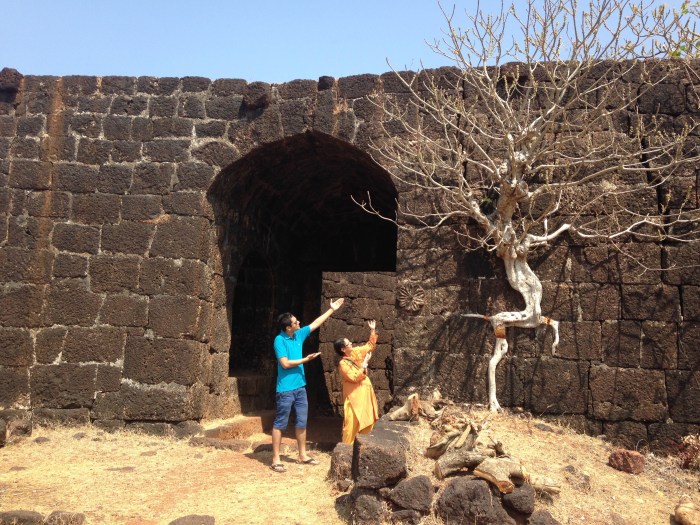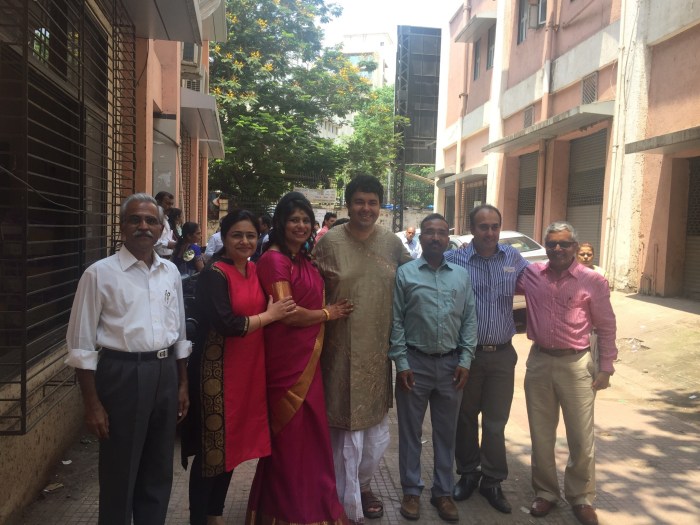
Our ability to think before we ink may help us determine our future. This may be the true barometer of a democracy as much a measure of our true success in life. Let us first examine this hypothesis on what is a true democracy in society at large. A nation, where every citizen can at free will express herself or himself without any repercussions or consequences is the foundation of a true democracy. A country where the vote of every citizen is equal and valuable in determining its future is the crux of a democratic state.
I am lucky to be born in India, the world’s largest democracy and thriving for the last 60 years and counting. We are multi cultural, truly secular and thrive on democratic values. We may not be the most prosperous country in the world in money terms but we are the wealthiest in the world in emotional and spiritual power. This has been possible only because every citizen of India determines our future. Our constitution makers have ensured that every citizen contributes to the making of India.
The vote of the citizen in India is equal irrespective of whether you are rich or poor and whether you are educated or illiterate. We are the first country in the world to have 100% electronic voting machines almost a decade back and we proud of our democratic credentials. While the election commission of India, which is a constitutional body plays the role of an independent watchdog to protect and promote the rights of its citizens, it is each of one of us as independent citizens, who have contributed to this success by thinking before we ink in every election.
Now, if we move to the individual, the significance of thinking before we write something is equally important in our lives. While everyone does appreciate the value of communications in life, it may be forgiven if we use inappropriate language verbally and seek forgiveness as soon as we realise it or someone points it out to us. It may be erased from memory and easily forgotten too. However, what is written down stays engraved in stone and lives in memory for eternity.
We need to think before we ink. This may be easier said than done. In an era of emails and mobile communications, there is more communication through written forms of emails and chats rather than speech. This makes it all the more necessary for us to think before we write. We need to choose every word with caution and imagine the impact of the words we choose on the recipient of our communication.
We need to realise that it is easier to speak than to write. The more we think before we ink, the better may be our expression and the more its impact. It is we, who determine how others perceive us. It is we as citizens determine the future of our country. The kid in the photo above seems to be thinking intensely before he puts his thoughts on the iPad.
Let us think.
S Ramesh Shankar
January 2017





